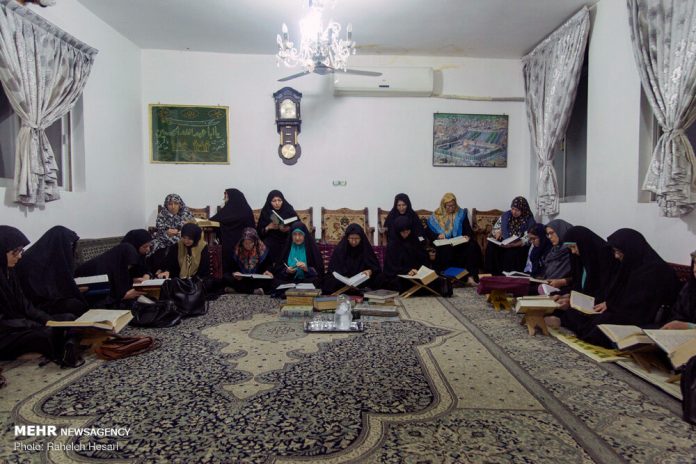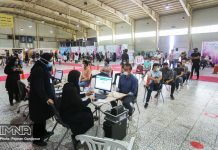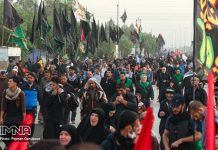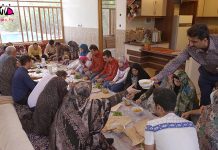A good way to figure out about one’s interests, personality, and beliefs is asking about what books they like to read (and if they read books at all?) and what films they like to watch. I think it’s also true about society. And that’s what I intend to talk about in this post. Of course, we can refer to the national book sales statistics and find out about the bestsellers and more. But here I don’t want to do that as that index demonstrates the interests of the book fanatics and I don’t think even those bestsellers sell more than one million in Iran (maybe that’ll be the subject for another post). But my approach here is to identify the books that are present in nearly all (maybe more than 70 percent) houses in Iran. However, many of Iranians may have not read one or some of these books even once but they simply would like to keep them at home! I’m now going to write them in the order that I think are more prevalent (and I haven’t seen any research on that).
- Quran. The book that’s known as the sayings of God and the prophet’s miracle. Every Muslim has at least parts of it in their mind and some Surahs are expressed in the daily prays (Read more). The religious people read a few pages of that every day and try to read it wholly during Ramadan. It’s also sometimes read at the beginning of formal meetings or in funerals and religious rituals. It’s a custom among the religious families that they give the Quran to their children in their marriage ceremonies. They bring this book together with a mirror as the first things when they move to a new house. Also, Quran is present in the Haftsin in Norooz. And last but not least, they kiss the Quran and pass it on top of their heads when they want to go on a long trip (asking God to keep them safe in the name of the Quran). The Quran books in houses contain Persian translation to be understood by an ordinary Iranian. Traditionally, the most common translation was for Mr. Elahi Qomshei.
Quran is known as a holy book that has its special rules for keeping. The Muslims take care not to fall it on the ground and touch the words without Wudhu and usually put it on top of other books. Also, pay attention that you don’t ‘buy and sell’ Quran, (it’s known priceless) and you only gift it (usually the other one gifts back money just to reciprocate!)
Passing under the Quran and kissing it to keep them healthy during their trip.
- Hafez. The second popular book I think is the book of the famous Persian poet, Hafez. He lived in Shiraz, about 700 years ago. Iranians learn and memorize his poems from their childhood and these poems are used in their common language. In old times, it was an entertainment for the educated families to read Persian poems in their gatherings. One of these gatherings which has become a national custom is in Yalda night, the longest night of the year, in which families still like to read Hafez and make Faal. Some believe that Hafez is still speaking to them live through his poems and telling them about their future happenings or answering their questions. Just give it a try, you will at least enjoy his novel art! (Read more in Yalda and Persian poetry)
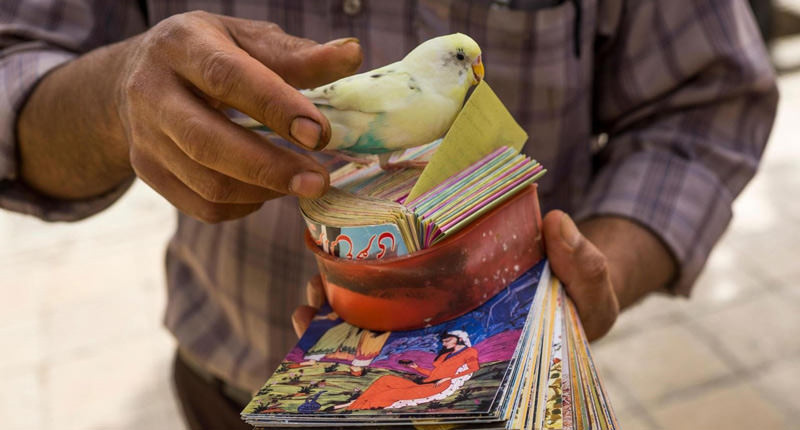
- Mafatih Al-Jinan. It is the second popular religious book in Iranians’ houses. The texts of this book were gathered about 100 years ago by Sheikh Abbas Qomi from the original and authentic remaining texts of Hadith from the prophet and Imams. It contains their prays and speaks to God (called Do’a). There are both general and special prays for each time of the year. Some of the prays inside Mafatih are so popular that they are read and practiced frequently in special religious days and ceremonies both individually and in mosques and Hosseiniehs. I think Mafatih and its prays are read by religious Iranians even more than Quran. I’ll write about it later in detail in another post.
See the full text of Mafatih here.
- Mevlana and Sa’adi. I’m not sure which one may be more popular, but I perceive that the books for at least one of them is present in every Iranian house. Among the books of Sa’adi, Golestan and Boostan are the most famous. In the past, these used to be the first books each child learned at school (Maktabkhaneh). The elders still have many of their stories and poems in their minds. That hasn’t been stopped nowadays either, as the Persian Literature school books are full of the arts from ancient poets like Sa’adi and Hafez. Also, the famous book of Mevlana (Rumi), Masnavi, can be found in many houses and the poems are used and referenced even by some of the clergymen in their religious speech.
- Nahjolbalaqeh. This book is hard to say that exists in literally ‘every’ house but everyone knows it, has touched it, and likes it. The book contains the sentences of Imam Ali, the first Imam of Shia. There is much wisdom and knowledge with eloquent wordings and language. Comparing to the other Hadith textbooks in the Shia school of knowledge -which are read by religion and academic experts- Nahjolbalaqeh is known, read, and sold mostly by the ordinary people in Iran.
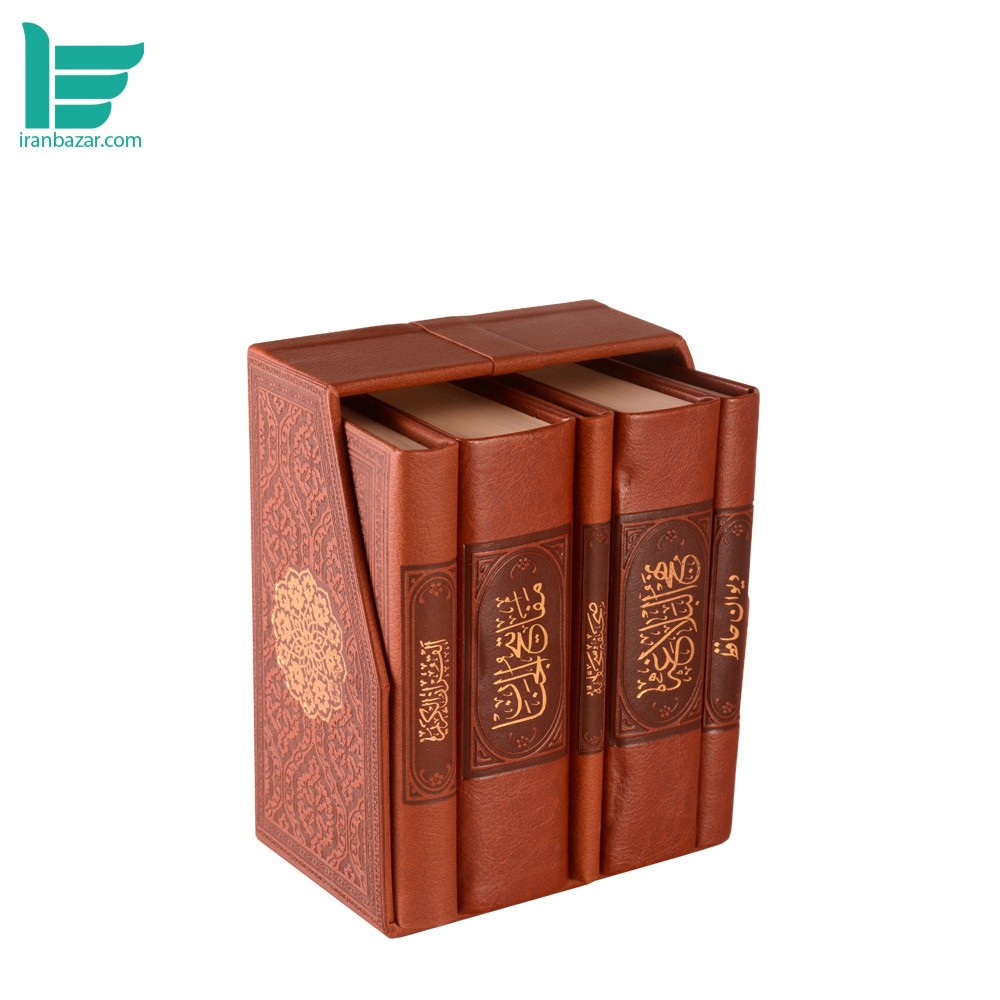
- Resaleh Tozih Al-Masael. This is not a single book but represents a type of book that contains the behavioral commandments of God in Islamic law. The Mullahs with high capabilities in understanding the Islamic texts and inferring their implications in today’s life are known eligible to write their own Resaleh -they are called Mujtahid- and anyone who trusts their knowledge and ability follows their Resaleh. Hence the Resaleh may be different by each Mujtahid (Read more here).
As an example, see the Resaleh of Ayatollah Khomeini in English:
https://www.leader.ir/en/services/8/Jurisprudence-&-Religious-affairs



